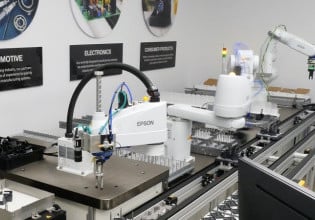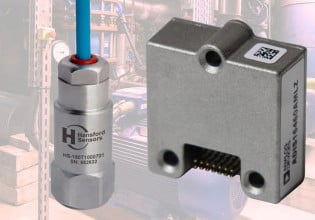M
Hi friends;
I have a Gas turbine which compressor are axial type 11 stage and maximum pressure ration is 9.8:1
Its 9 10 and 11 stage is damaged i think due to surge. Some guys said that it is damaged due to FOD. I understand that FOD means Foreign object damage which i meant that something is going from outside into the compressor which is not possible in our case. if this occur which i understand then 1 to 8 stage also damaged.
Actually i want to understand FOD theory
how it damaged the compressor and what are the possible reason of surge on axial compressor?
Regards
I have a Gas turbine which compressor are axial type 11 stage and maximum pressure ration is 9.8:1
Its 9 10 and 11 stage is damaged i think due to surge. Some guys said that it is damaged due to FOD. I understand that FOD means Foreign object damage which i meant that something is going from outside into the compressor which is not possible in our case. if this occur which i understand then 1 to 8 stage also damaged.
Actually i want to understand FOD theory
how it damaged the compressor and what are the possible reason of surge on axial compressor?
Regards






